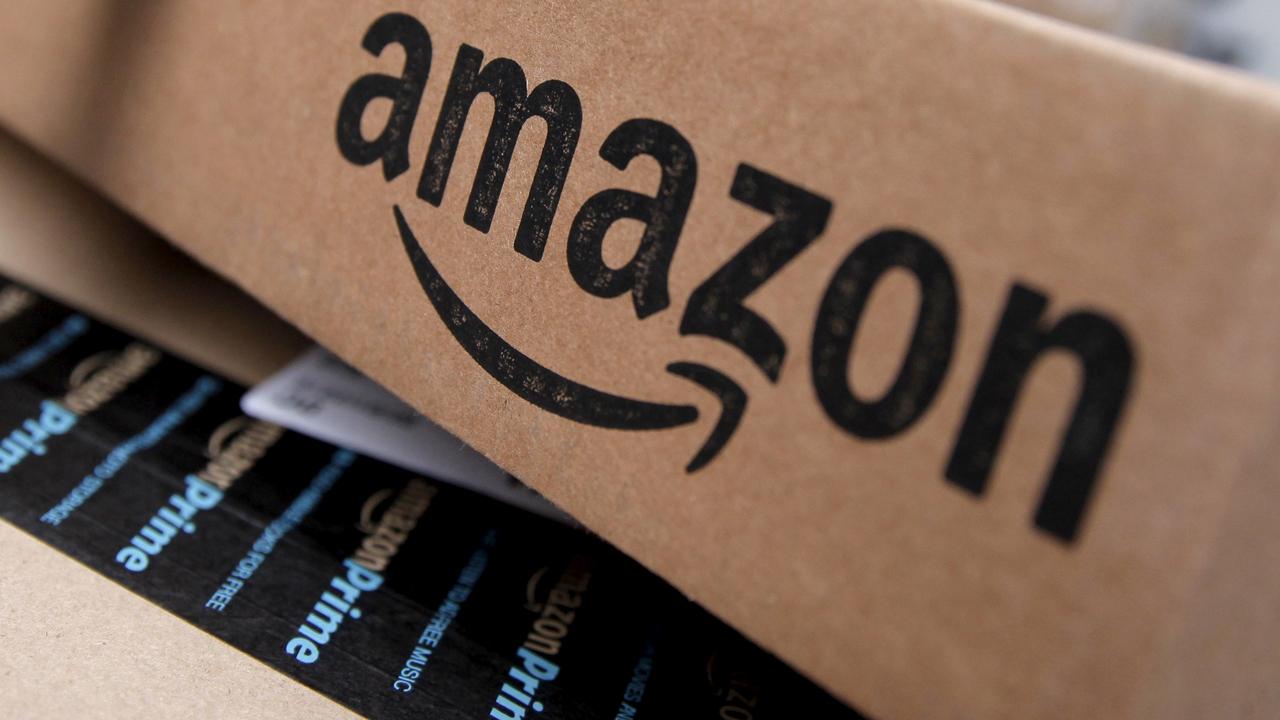Amazon HQ2 decision: Why residents may face challenges
E-commerce giant Amazon announced on Tuesday it will split its new headquarters between Long Island City, New York, and Arlington, Virginia – which brings good news for each state, but some potentially bad news for residents and small businesses.
“The economic impact will be in the billions for each city, no question – if the size and scale holds true,” Tom Stringer, who heads site selection for international consulting firm BDO, told FOX Business.
New York and Virginia will benefit from “hundreds of millions” of additional cash into state income tax coffers, in addition to increased capital expenditures.
Amazon said it will generate $10 billion in additional tax revenue in New York and $3.2 billion in revenue in Virginia over the span of 20 years.
Amazon said it will hire a total of 50,000 workers at the new headquarters location, investing $5 billion. The company said its decision will create “tens of thousands” of jobs in the surrounding community.
However, those statistics could increase competition for other smaller tech firms in the area hoping to attract workers from the same pool of high-quality workers, according to Chris Edwards, director of tax policy studies at the Cato Institute and editor of www.DownsizingGovernment.org.
“Politicians focus on the giant oak companies such as Amazon, but it is more important for regional economies to germinate a forest of small and growing firms,” he said. “Ten firms of 1,000 workers probably creates more stability and long-term growth potential for a city than one big firm with 10,000 workers.”
For property owners in the area, Stringer says home values are likely to increase substantially. For renters, however, the influx of new higher-paid workers could put upward pressure on prices.
Rising housing prices are likely to be particularly challenging at a time when inventory remains constrained.
"Unfortunately, housing supply is tightly constrained by zoning regulations, so local cities won’t easily be able to meet the housing needs of new workers, and housing prices are likely to continue climbing further out of reach," Vanessa Brown Calder, a policy analyst at The Cato Institute, told FOX Business.
Infrastructure systems are also likely to need a revamp, and commuters could face some near-term challenges. Over the long term, however, Stringer says these types of large corporate investments often provide a catalyst for upgrading public transit.
Amazon said on Tuesday that Virginia will invest $195 million in local infrastructure.
Each city offered tax incentives to the e-commerce giant, including in New York where the company said it will receive performance-based direct incentives of $1.525 billion – meaning it won’t receive money if it doesn’t follow through on its promises. In Arlington, performance-based incentives totaled $573 million.




















